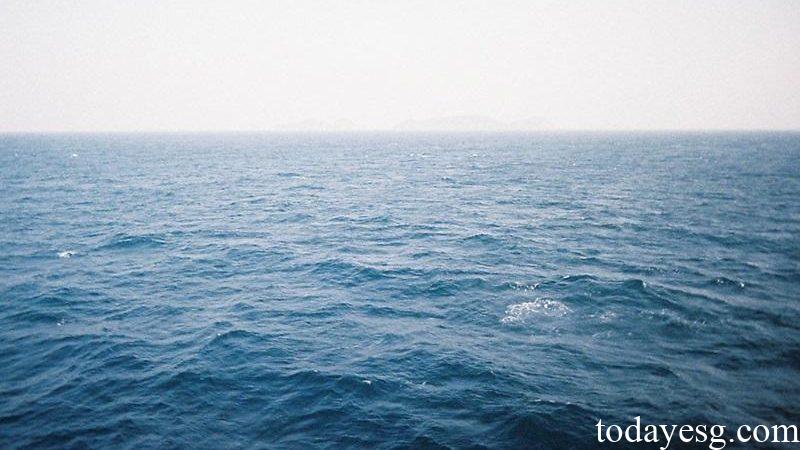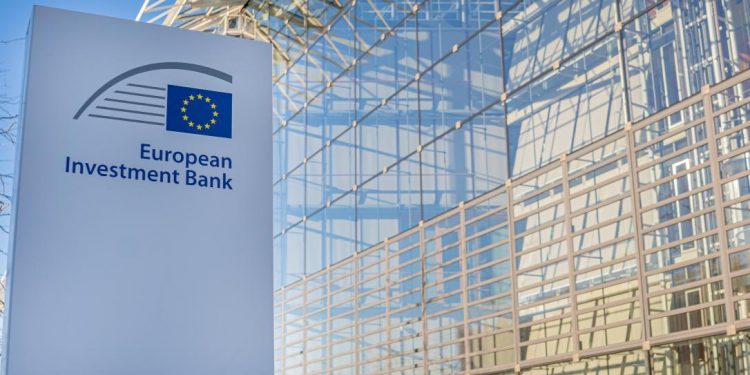Blue Economy Report
The European Investment Bank (EIB) releases a Blue Economy Report, which aims to describe the blue economy situation in Europe and summarize the EIB’s actions in the blue economy.
The blue economy consists of all economic sectors that have direct or indirect connections with the ocean, including ocean energy, ocean transportation, ocean food production, etc. According to OECD, the blue economy will lead global economic growth in 2030.
Related Post: EU Announces Largest Ocean Governance Commitments
Ocean and Blue Economy
The ocean is the world’s largest carbon sink, absorbing a quarter of the carbon dioxide produced by human activities and absorbing 90% of excess heat. However, human activities are having a negative impact on the oceans. For example, global warming has increased the absorption of carbon dioxide by the oceans, leading to acidification of seawater and reduction of ocean oxygen, threatening marine plants and animals.
According to statistics, 8 million tons of plastic waste and 1.5 million tons of plastic particles are dumped into the ocean every year around the world. The growth of population and urbanization in coastal areas around the world have accelerated pollution. Keeping our oceans clean and healthy is vital to global sustainable development. The United Nations Sustainable Development Goal (SDG) also stipulates in SDG14 that humans need to protect and sustainably use the ocean and marine resources to achieve sustainable development.

European Investment Bank and the Blue Economy
As the EU’s climate bank, the European Investment Bank is strengthening blue economy-related lending and advisory activities, investing in low-carbon ocean solutions, increasing ocean-related public research, improving coastal areas’ ability to cope with climate change, and protecting ocean natural capital. From 2019 and 2023, the European Investment Bank provided €7.3 billion loans in the blue economy, leveraging €30.8 billion investments. These actions include:
- Decarbonizing Marine Activities: The European Investment Bank is a pioneer investor in marine renewable energy, financing 40% of Europe’s offshore renewable energy. Since 2003, the European Investment Bank has provided more than €10 billion in financing to 34 offshore wind projects. From 2019 to 2023, the European Investment Bank invested €3.7 billion in marine renewable energy, of which €224 million was invested in green shipping to fund ship construction and modifications and improve energy efficiency. The European Investment Bank has also invested €1.2 billion in port infrastructure construction to reduce pollution and develop sustainable shipping.
- Coastal Resilience to Climate Change: The European Investment Bank invests in climate resilience to protect ecosystems, property and infrastructure for its members. From 2019 to 2023, the European Investment Bank invested €91 million in this area.
- Ocean-related Research and Innovation: From 2019 to 2023, the European Investment Bank invested €366 million in ocean-related research, development and innovation. These investments mainly help traditional blue economy industries to transform into sustainable industries. The European Investment Bank is also investing in a range of ocean monitoring technologies, as well as blue digital technologies, to monitor and protect the ocean from multiple perspectives.
- Preserving and Restoring the Oceans: From 2019 to 2023, the European Investment Bank invested €1 billion to manage waste and wastewater and reduce marine pollution. The European Investment Bank has also invested €229 million in sustainable seafood production in the EU, including aquaculture, seafood processing and preservation, etc..
These investments of the European Investment Bank mainly come from several methods, namely intermediary financing, venture capital and private equity funds, such as the European Investment Fund and quasi-equity from InvestEU. The European Investment Bank also participated in the establishment of the Sustainable Blue Economy Finance Principle to guide investors in establishing a sustainable blue economy investment framework.
Website:








